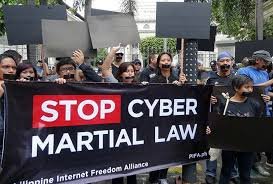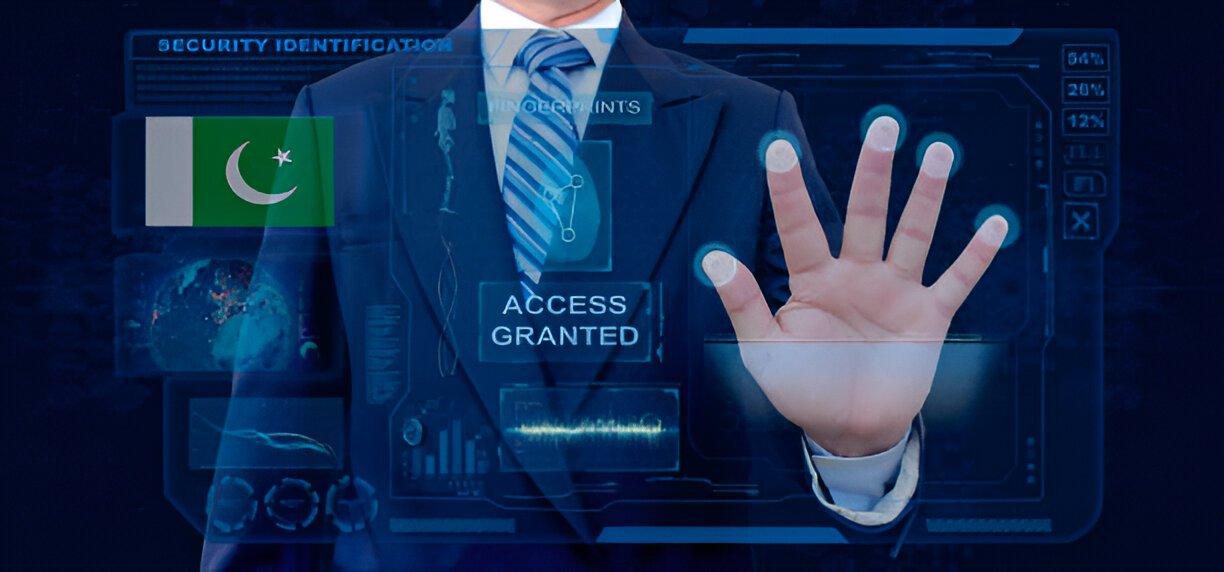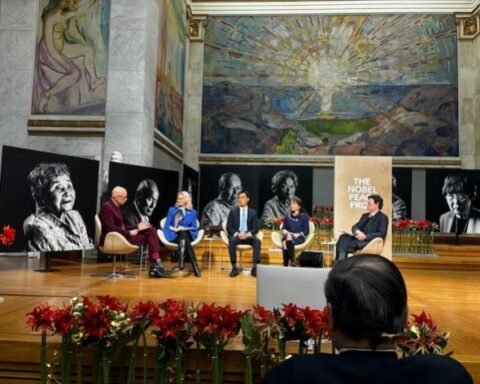U.S. State Department Comments on Pakistan’s ‘Cyber Martial Law’ and Its Implications for Democracy
Washington, D.C. Concerns regarding Pakistan’s alleged “Cyber Martial Law” were brought up at a news conference held at the U.S. State Department. This phrase, which is frequently used by opponents, describes Pakistan’s censorship policies and increasingly stringent digital laws that are said to suppress free expression, stifle dissent, and limit media freedoms.
U.S. State Department spokesperson Matthew Miller responded to inquiries about the matter by restating the country’s steadfast adherence to democratic principles and the rule of law. He underlined that the United States is keeping a careful eye on events in Pakistan with regard to human rights and internet freedom.
Miller stated, “We continue to stand for the principles of democracy, freedom of expression, and press freedom globally. While I do not have specific commentary on this issue, we believe that a free and independent media, as well as the protection of digital rights, are essential for any democracy.”
What Is “Cyber Martial Law”?
In Pakistan, where new laws and regulations are being implemented to control internet platforms, social media, and independent news outlets, the phrase “Cyber Martial Law” has come to refer to the growing influence of digital censorship. Critics and activists contend that these actions are meant to stifle dissent and restrict democratic dialogue, especially in light of the nation’s economic difficulties and political unrest.
A number of government-critical websites and social media platforms have been blocked as a result of new legislation. Human rights groups have criticized these acts as flagrant transgressions of international norms pertaining to freedom of expression. Digital rights organizations in Pakistan have also drawn attention to the ways in which these regulations may cause journalists and activists to self-censor out of concern over possible legal action or persecution.
International Reaction
International organizations have harshly criticized Pakistan’s growing restrictions. Amnesty International and Human Rights Watch have both released comments denouncing Pakistan’s digital crackdown and characterizing it as a grave danger to democratic values.
The Wilson Center’s South Asia Institute Director, Michael Kugelman, has expressed worries about these policies’ wider ramifications. During a recent discussion, he stated, “This level of control over digital platforms narrows the space for free expression and erodes trust in institutions.”
The limitations disproportionately affect independent journalists and marginalized populations, according to Al Jazeera English and other international media sources, which have also highlighted how these actions damage Pakistan’s standing as a democratic state internationally.

Pakistan’s media environment has been greatly impacted by the restrictions; many journalists have reported feeling more pressure from the government to steer clear of delicate subjects. Human rights advocates contend that the repression of dissenting opinions jeopardises the nation’s general political accountability and openness in addition to press freedom.
“The fear is palpable,” an anonymous Pakistani journalist said. Many of us are unwilling to speak up because we are afraid that our tales will be suppressed or that we will be sued. Anyone attempting to hold those in positions of authority accountable is at risk at this time.







